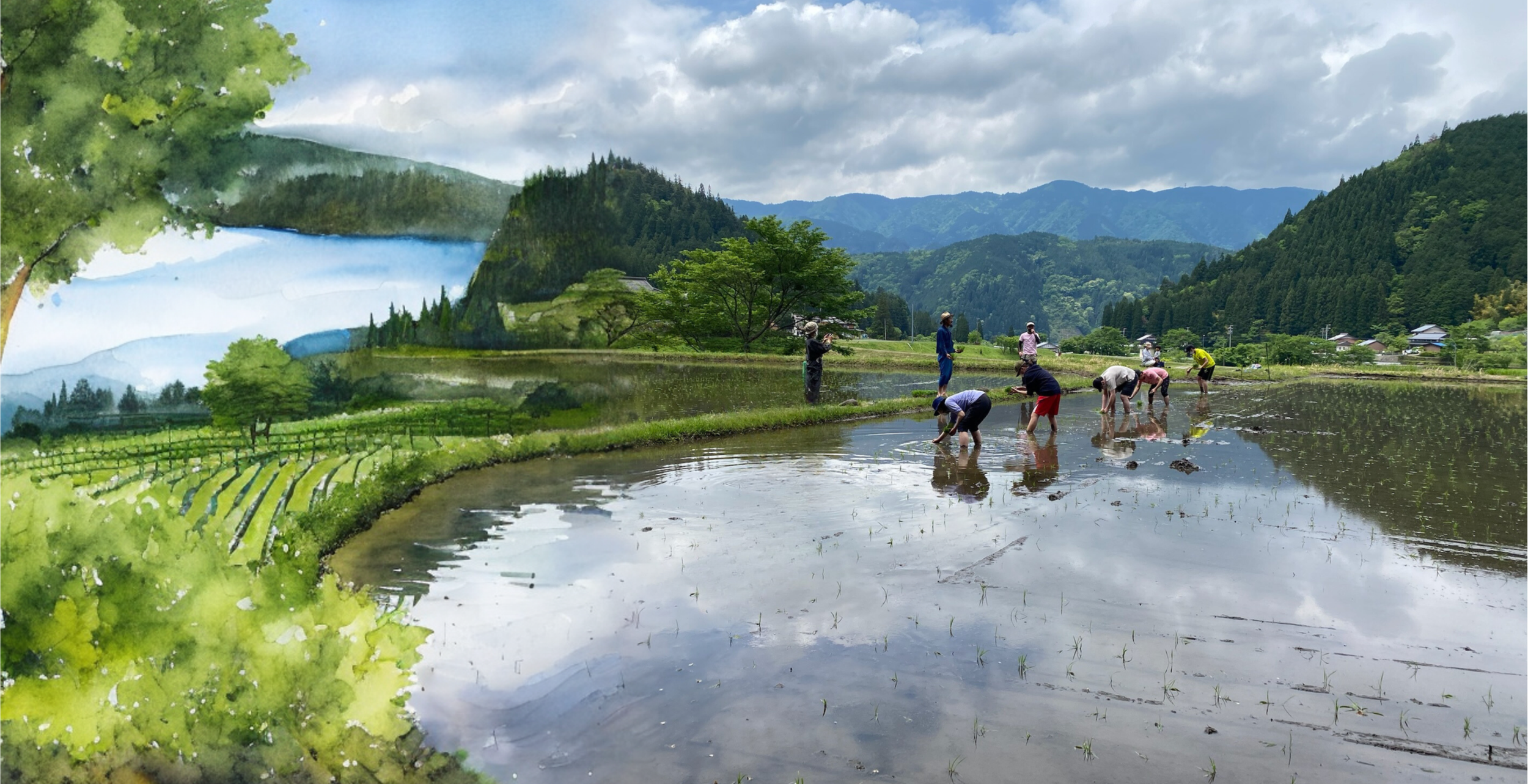
Mantis 21 (Summer 2023)
Poetry from Ukraine
Kateryna Kalytko
translated by Amelia Glaser
Стояти до смерті
Отже, “стояти до смерті”
означає інколи саме це –
бути заживо порізаним на шматки.
Але як воно і чому, коли саме ти –
втілення лютої смерті
у світових новинах, клапоть шкіри
на канцелярському ножі,
між сторінками конвенцій,
конденсований біль, від якого
кишки чужі скручуються у вузол,
гарячі твіти, відео 18+,
розпластане, знерухомлене тіло,
чийого лиця не видно,
що від певної миті видає лише
тваринний хрип, розлюднюється;
нічне жахіття вцілілих, блювотні судоми,
дражливий контент.
Але також і ти –
різкий здивований крик народженого,
біг у високій прохолодній траві,
материн сміх,
ангіна, шкільні прогули,
жінка, з якою вперше кінчаєш,
жінка, яка від тебе вагітніє,
високе липневе небо,
гостра пам’ять про домашнє
ранкове світло,
прихована чоловіча беззахисність –
шкарубкі воєнні рукостискання,
жарти, вдалі та несмішні,
щось точне і невимовне
про любов,
алкоголь по вистудженому горлу,
спільна честь погибати.
Ім’я, обличчя.
Як воно – знати, що десь існують
вечори мерехтливого світла,
човни з нагрітими палубами,
сміх і цілунки,
діти хлюпочуться на мілководді,
десь наче зовсім поруч,
на іншому березі
калабані крові.
Затягніть міцніше на чорній плоті країни
турнікет кордону, крововтрата стає критичною.
Кожне скаже: він – це я.
І жодне не уявлятиме, як це насправді.
Як стиснуті зуби кришаться,
як згасає свідомість.
Ніхто не приходить сюди цілим,
аби бути розтятим.
Доброго ранку, зажерливий господи різанини,
годівниче песиголовців,
я шматками рушив до тебе.
Але ось ім’я. Розкажи тепер, спробуй,
у чому моя історія.
Stand to Death
Well, “to stand to death”
sometimes means precisely this:
to be skinned alive.
But how can this be, when you yourself are
the furious death incarnate
in world news, a strip of skin
on a paperknife,
between pages of treaties,
condensed pain that
ties other people’s intestines in knots,
trending tweets, age-restricted videos,
a prostrate, immobile body,
face blurred,
that emits only sporadic
animal gasps, dehumanizing;
a survivor’s night terrors, convulsive vomiting,
sensitive content.
But you’re also this:
a newborn’s shrill, startled cry,
running through tall grass,
mother’s laugh,
a sore throat, skipping school
the first woman you came with,
the woman you got pregnant,
a high July sky,
the sharp memory of home’s
morning light,
concealed masculine vulnerability
the calloused shell of a wartime handshake,
jokes that are funny and not
something precise and unspeakable
about love
alcohol on a congested throat,
the shared honor of dying.
A name, a face.
What’s it like to know somewhere there are
evenings of twinkling light
boats with heated decks,
laughter and kisses,
kids splashing in shallow water,
somewhere as in really close,
on the other side
of the blood puddles.
Pull harder on the country’s black flesh
border tourniquet, the hemorrhaging’s becoming critical.
Everybody will say, “he’s me.”
And nobody will imagine what it’s really like.
The way clenched teeth crumble,
the way consciousness fades.
Nobody comes here whole
just to be dismembered.
Good morning, greedy lord of carnage,
feeder of dogs,
piecemeal, I’ve approached you.
But here is my name. Now tell me, give it a try,
what’s my story.
KATERYNA KALYTKO is a poet, prose writer, and translator. She has published nine collections of poetry and books of short stories. She has received many literary awards and fellowships, among them the Central European Initiative Fellowship for Writers in Residence, KulturKontakt Austria, Reading Balkans, Vilenica Crystal Award, Joseph Conrad-Korzeniowski Literary Prize, BBC Book of the year and Women in Arts Award from UN Women. Striking imagery emerges in her recent poetry like puzzle pieces that create a violent and shocking picture of war, conveying the loss and pain that is experienced during a search for safety and identity amidst the war.
AMELIA GLASER is Associate Professor of Russian and Comparative Literature at U.C. San Diego. She is the author of Jews and Ukrainians in Russia’s Literary Borderlands (2012) and Songs in Dark Times: Yiddish Poetry of Struggle from Scottsboro to Palestine (2020). She is currently a fellow at the Radcliffe Institute for Advanced Study.
